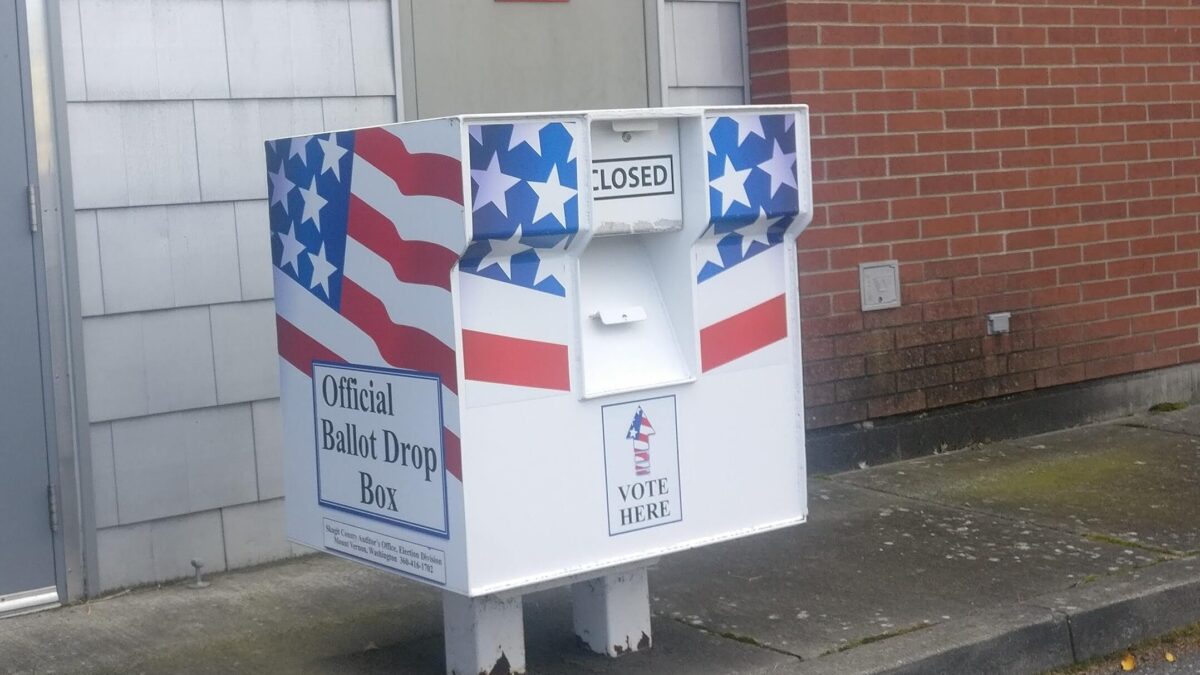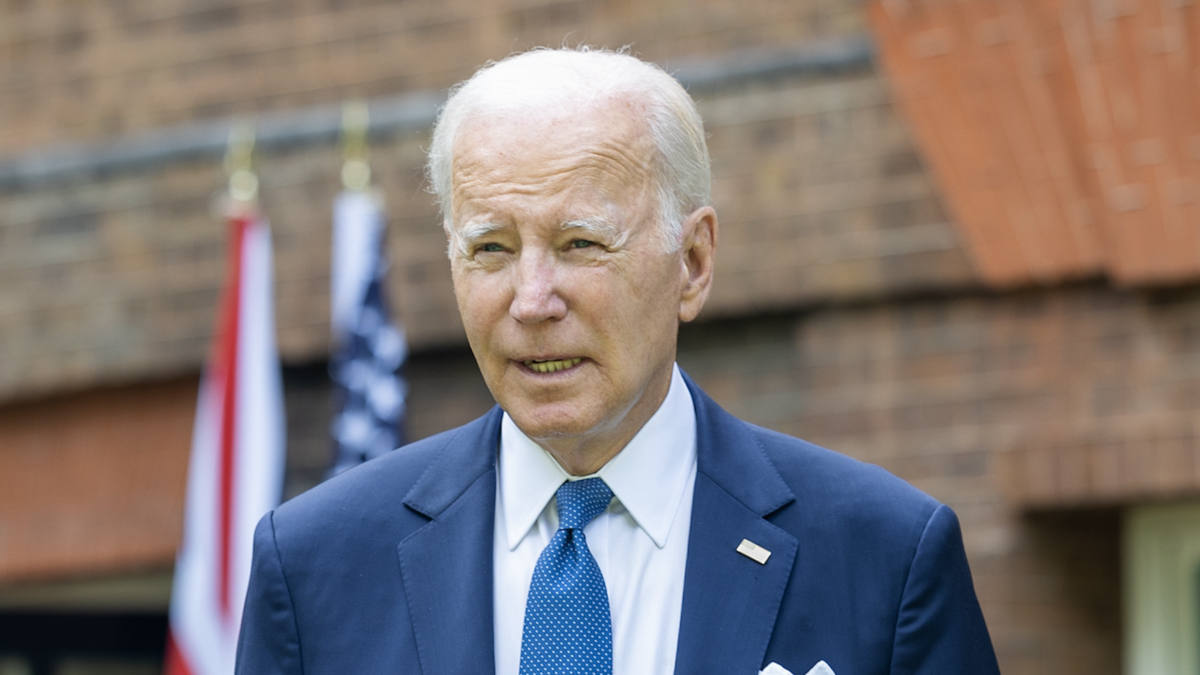
Favor towards communism and socialism in the United States is on the rise among millennials, finds a poll last week from YouGov, an internationally recognized research and data firm.
The numbers speak for themselves. One in three millennials favor communism. As many as 70 percent would likely vote for a socialist candidate. Only 57 percent believed that the Declaration of Independence better “guarantees freedom and equality” than the Communist Manifesto does.
These findings comprise YouGov’s fourth annual report on the public favorability of Communism and took 2,100 respondent’s answers into consideration. The project was commissioned by the Victims of Communism Memorial Foundation, an organization that aims to educate a new generation about the ideology, history, and legacy of communism.
Marion Smith leads the foundation as executive director, and he finds the results unsettling. After all, communism and socialism have a murderous history. But Smith isn’t exactly surprised by the numbers.
“There’s a normalizing of the term ‘socialism,’” Smith said. “It points to a need for education and an honest conversation on the topic.”
He’s certainly right about education. Socialist sentiments might be increasing in popularity, but not on account of the clarity on the subject. Another finding from the poll noted that 66 percent of Americans could not correctly define socialism. According to the Encyclopedia Britannica, socialism is defined as, “a social and economic doctrine that calls for public rather than private ownership or control of property and natural resources.”
Smith pointed out that there’s some overlap between the number of people who would be willing to vote in favor of socialist ideas and the number of people who don’t know what it is. In other words, some millennials seem to think socialism is a good idea—to the point where they would be willing to vote for it—despite lacking knowledge of what that might look like in practice.
Why would people who don’t even know what socialism is be inclined to agree with it? Smith believes the answer has something to do with the nature of present-day public discourse and how the subject is being approached.
The topic of political conversation reflects what America is thinking, says Smith. It’s a symptom. The fact that Sen. Bernie Sanders, a self-described socialist, is a frontrunner for the Democratic nomination for the 2020 primary, says a lot about our national priorities. The tone of the conversation, a “normalization” of the idea, lends itself to the dissemination of a misconception among millennials about what socialism and communism actually are.
“They don’t think of it as it actually is. They have warm, fuzzy feelings about welfare programs in Scandinavia—it’s not that,” Smith said.
Historically, socialist countries have taken advantage of misconception and ignorance. It’s what dictator Hugo Chavez used to come to power in 1998 and bring with him a socialist agenda to Venezuela.
At the time, Venezuela was struggling from falling oil prices, which created an economic depression. To fix the issue, Chavez ran on the idea of solving the country’s problems by changing the Venezuelan constitution, ridding the country of corruption, and reducing the wealth and influence of elites.
Voters had, at best, a fuzzy picture of how that might happen, but to many Venezuelans struggling to make ends meet, Chavez’s socialist programs sounded like an easier, fairer solution. It worked.
He won the election handily, and went on to impose his socialist ideas on a country that had believed in his ability to change things for the better. That’s the thing about socialism — it’s really good at making promises, but delivers poorly. In the ensuing 21 years, the crippling results of Chavez’s policies have led to a crisis marked by hyperinflation, crime, scarcity, famine, and staggering death rates that continue today. That’s the reality of what socialism has looked like in the past.
Smith wants to make sure that kind of reality is prevented from happening again in the future.
More than anything, what the numbers from last week’s poll show is the need for educating the next generation on what socialism and communism are and where they lead. Those findings help Smith and the Victims of Communism Memorial Foundation better address the subject and dismantle those misconceptions. While millennials might struggle to define communism and understand socialism, it’s still around today, says Smith.
As the Communism Memorial Foundation’s website points out: “The Berlin Wall fell in 1989, but communism didn’t. One hundred years after the Bolshevik Revolution, one fifth of the world’s population still lives under single-party communist regimes in China, Cuba, Laos, North Korea, and Vietnam. Communism promises to make everyone equal, but delivers radical inequality. Every time it is tried, it ends either in economic collapse or a police state.”









